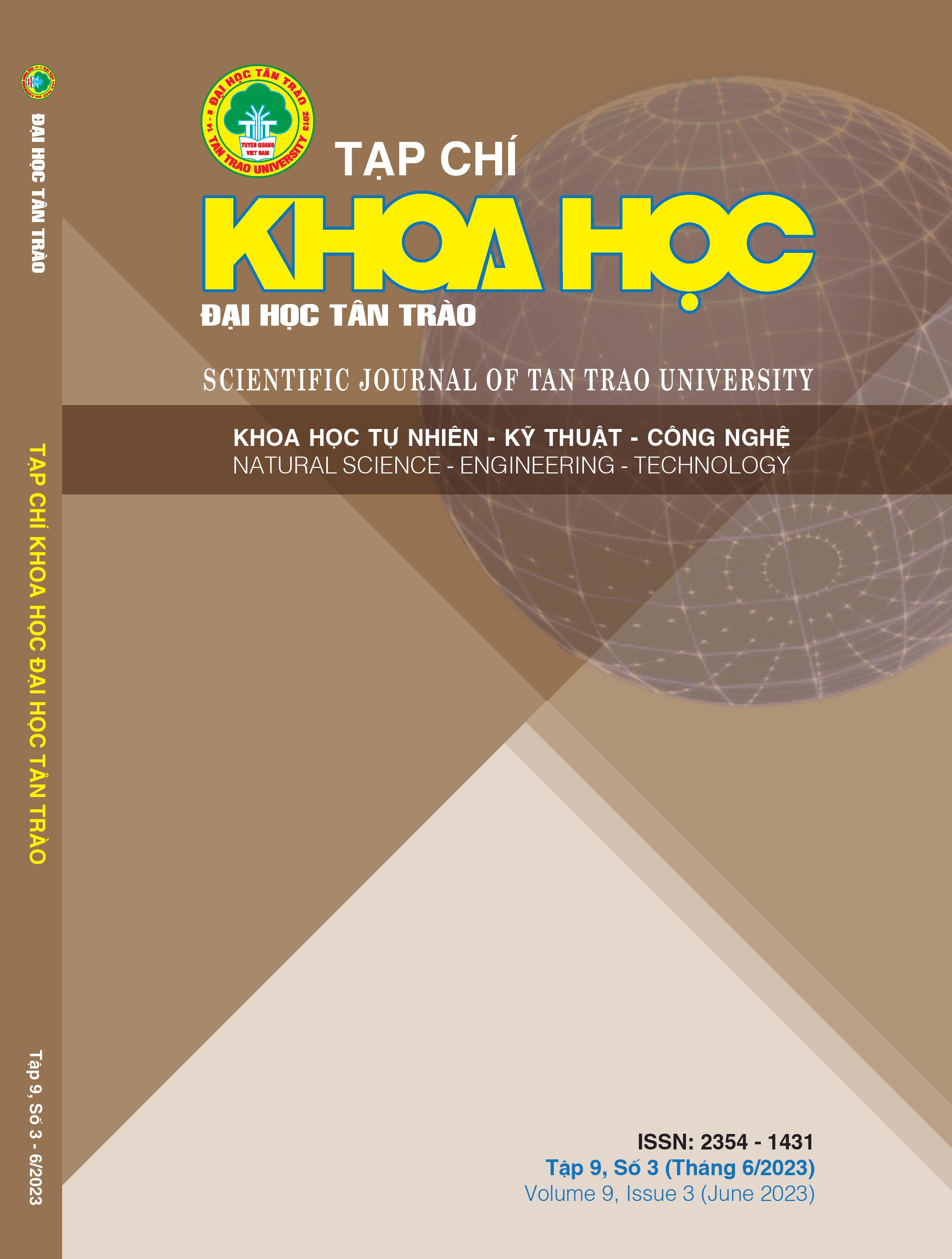SEVERAL SOLUTIONS TO POSITIVE INTERNET BEHAVIOR – SOCIAL NETWORK FOR STUDENTS AT SCHOOL OF FOREIGN LANGUAGE – THAI NGUYEN UNIVERSITY
DOI:
https://doi.org/10.51453/2354-1431/2023/965Keywords:
Behavior, Internet, Social networks.Abstract
With the rapid development of science and technology, along with the increasing demand and quality of people's lives, approaching and understanding new trends from the outside society are a very necessity. This is not difficult for everyone, especially young people. A significant part of young people is the students. They can "catch the trend", and update the domestic and world news easily and quickly by accessing the Internet and social networks anywhere, anytime. In this paper, we investigate, research, and evaluate how to use the Internet of students at the School of Foreign Languages - Thai Nguyen University. Then, we propose several specific solutions to help students of the School of Foreign Languages to know how to analyze, identify and exploit the positive things as well as prevent the negative problems when using the Internet - Social networks.
Downloads
References
[1] Bui Thu Hoai (2014) The impact of social media on young people, master’s thesis, University of Social Sciences and Humanities.
[2] Nguyen Thi Tu (2019), Textbook of Age Psychology and Psychology
[3] Dr Kimberly Young (2013). Evaluation of the phenomenon of Internet addiction, Da Nang Publishing House.
Downloads
Published
How to Cite
Issue
Section
License

This work is licensed under a Creative Commons Attribution-ShareAlike 4.0 International License.
All articles published in SJTTU are licensed under a Creative Commons Attribution-ShareAlike 4.0 International (CC BY-SA) license. This means anyone is free to copy, transform, or redistribute articles for any lawful purpose in any medium, provided they give appropriate attribution to the original author(s) and SJTTU, link to the license, indicate if changes were made, and redistribute any derivative work under the same license.
Copyright on articles is retained by the respective author(s), without restrictions. A non-exclusive license is granted to SJTTU to publish the article and identify itself as its original publisher, along with the commercial right to include the article in a hardcopy issue for sale to libraries and individuals.
Although the conditions of the CC BY-SA license don't apply to authors (as the copyright holder of your article, you have no restrictions on your rights), by submitting to SJTTU, authors recognize the rights of readers, and must grant any third party the right to use their article to the extent provided by the license.


